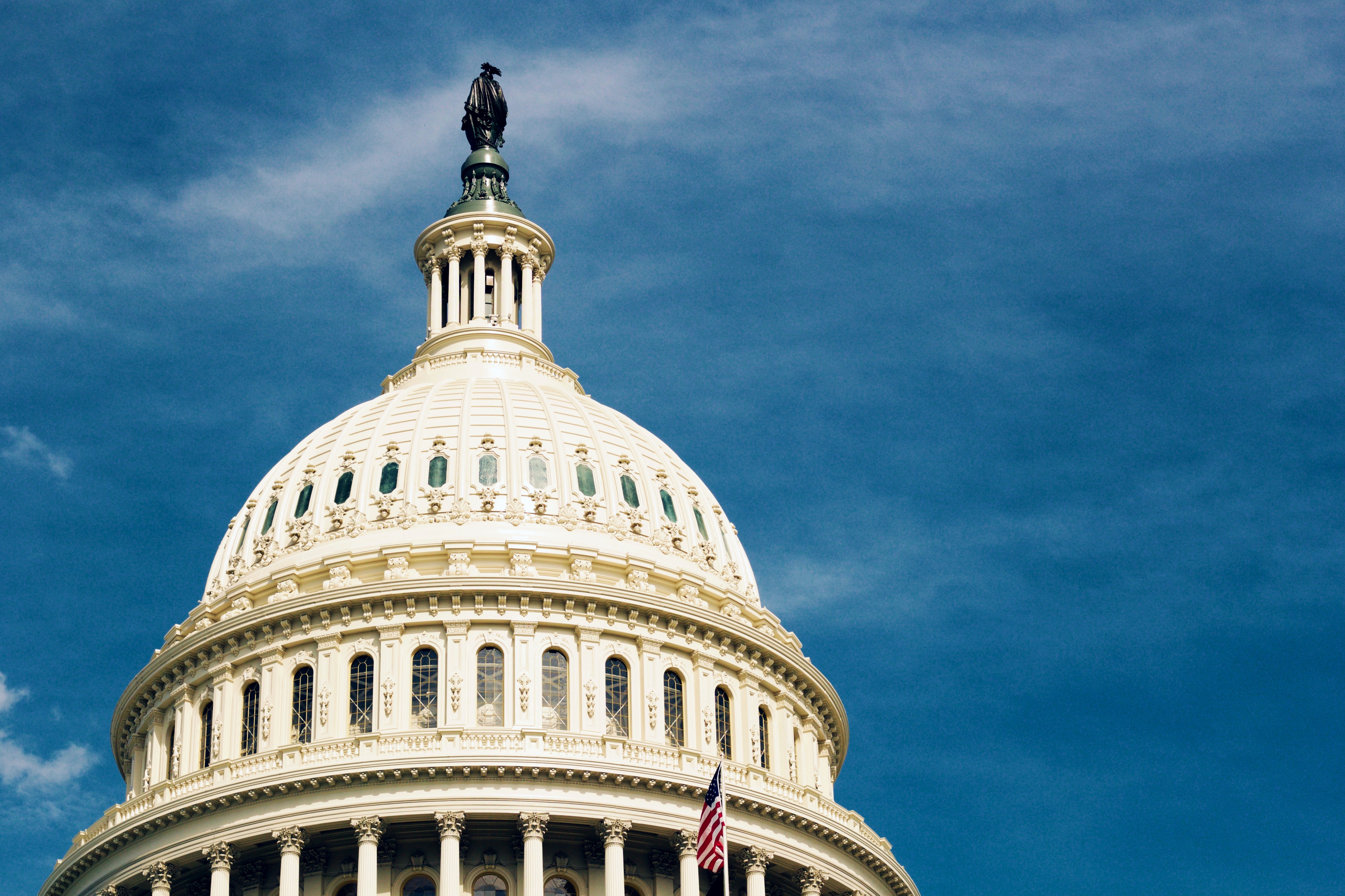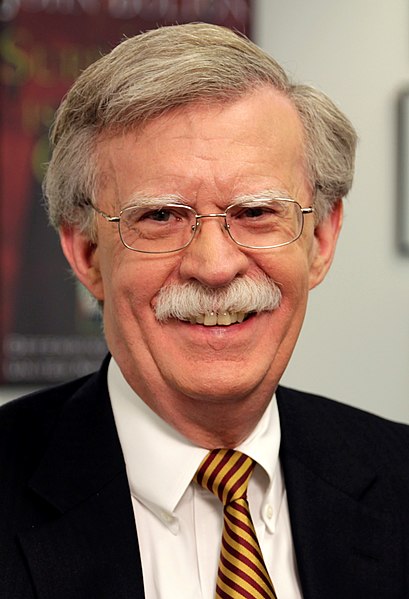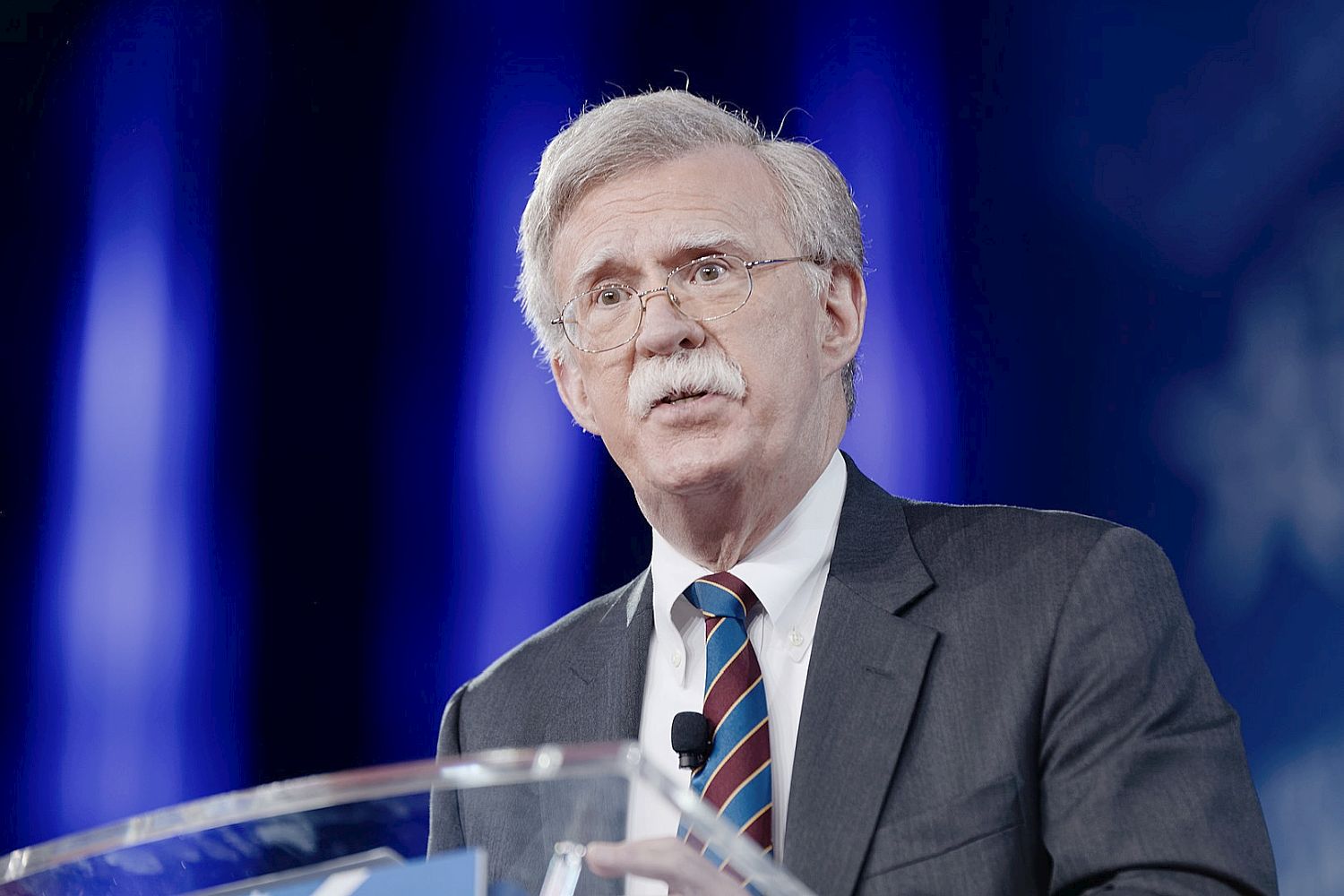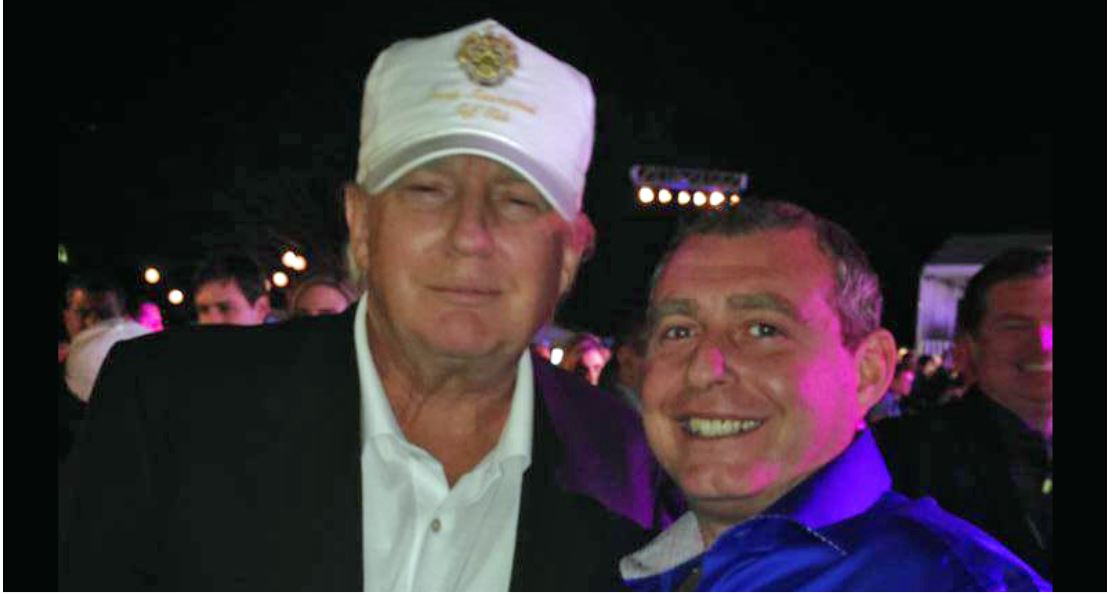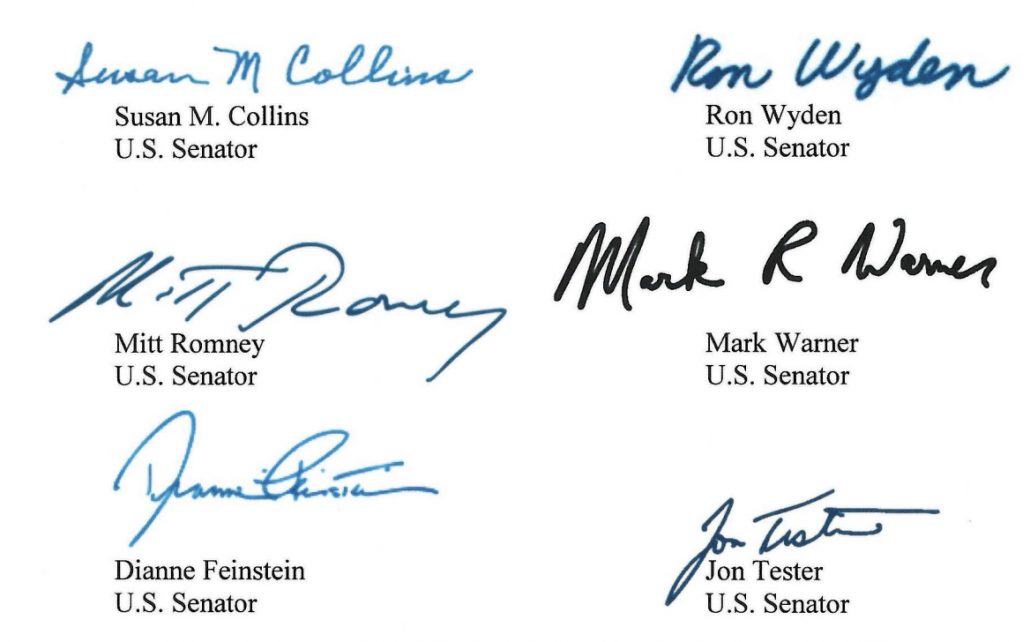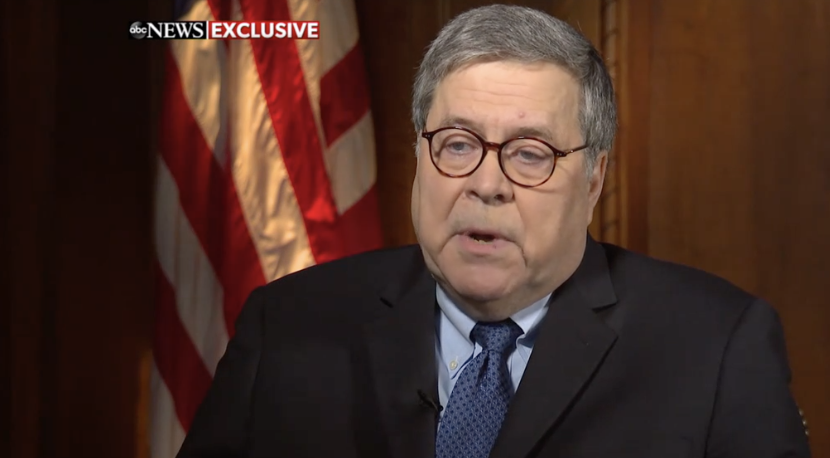Triage and Impeachment: Prioritize a Legitimate Criminal Investigation into the Wider Plot over Impeachment
I want to talk about triage in the wake of the terrorist attack on Wednesday as it affects consideration of how to hold Trump accountable for his role in it.
First, some dates:
If Mike Pence were to invoke the 25th Amendment (with the approval of a bunch of Trump’s cabinet members), it could go into effect immediately for at least four days. Trump can challenge his determination, but if the same cabinet members hold with Pence, then Trump’s disqualification remains in place for 21 more days, enough to get through Joe Biden’s inauguration.
Both the House and Senate are not in session, and can’t deviate from the existing schedule without unanimous consent, meaning Mo Brooks in the House or Josh Hawley in the Senate could single-handedly prevent any business.
Because of that, impeachment in the House can’t be started until tomorrow. Right now, Pelosi is using the threat of impeachment as leverage to try to get Pence to act (or Trump to resign, though he won’t). If that doesn’t work, then the House seems prepared to move on a single article of impeachment tied to Trump’s attempts to cheat and his incitement of the insurrection. Pelosi won’t move forward on it until she’s sure it has the votes to succeed.
Even assuming a majority of the House votes to impeach Trump, that will have no impact on his authority to pardon co-conspirators, and he’ll surely attempt to pardon himself, one way or another. Because of Wednesday’s events, he will be doing that without the assistance of Pat Cipollone, which means he’s much more likely to make his plight worse.
Impeaching this week would, however, force Republicans to cast votes before it is clear how the post-insurrection politics will work out (indeed, while Trump still has the power of the Presidency). Significantly, a number of incoming members are angry that Kevin McCarthy advised them to support the insurrection. The vote may be as much an attempt to undo complicity with Wednesday’s actions as it is anything else. Done right, impeachment may exacerbate the fractures in the GOP; done wrong, it could have the opposite effect.
If the House does impeach, then the Senate will not — barring a change of heart from Hawley and everyone else who was still willing to be part of this insurrection — take up the impeachment until January 19 (the parliamentarian has already ruled on this point). That means, the trial for impeachment either happens in Joe Biden’s first week in office, or the House holds off on sending the article of impeachment over to the Senate until Chuck Schumer deems it a worthwhile time. He can also opt to have a committee consider it, calling witnesses and accruing evidence, which will provide the Senate (where there are more Republicans aiming to distance from Trump) a way to further elaborate Trump’s role in the terrorism.
Meanwhile, by losing all access to social media except Parler and with Amazon’s decision yesterday to stop hosting Parler (which will mean it’ll stay down at least a week, until January 17), Trump’s primary mouthpieces have been shut down. There’s reason to believe that the more sophisticated insurrectionists have moved onto more secure platforms like chat rooms and Signal. While that’ll pose some challenges for law enforcement trying to prevent follow-on attacks on January 17, 19, or 20, being on such less accessible platforms will limit their ability to mobilize the kinds of masses that came out on Wednesday. Trump has lost one of the most important weapons he can wield without demanding clearly criminal behavior from others. That said, the urgency of preventing those sophisticated plotters — and a good chunk of these people have military training — from engaging in more targeted strikes needs to be a priority.
But Trump is still President, with his hand on the nuclear codes, and in charge of the chain of command that goes through a bunch of Devin Nunes flunkies at DOD. Nancy Pelosi called Chairman of the Joint Chiefs Mark Milley and come away with assurances that Trump won’t be able to deploy nukes.
Preventing an Unhinged President From Using the Nuclear Codes: This morning, I spoke to the Chairman of the Joint Chiefs of Staff Mark Milley to discuss available precautions for preventing an unstable president from initiating military hostilities or accessing the launch codes and ordering a nuclear strike. The situation of this unhinged President could not be more dangerous, and we must do everything that we can to protect the American people from his unbalanced assault on our country and our democracy.
Nevertheless that still leaves Trump in charge of the vast federal bureaucracy, which has been emptied out and the filled back up with people who could pass Johnny McEntee’s loyalty oaths to Trump.
Because this is where we’re at, I have argued that there needs to be a higher priority on getting at least Biden’s operational nominees, along with Merrick Garland, confirmed over impeaching Trump — yet — in the Senate.
We have not yet heard why DOD and DHS and the FBI — on top of the Capitol Police — failed to prevent the terrorist attack on Wednesday (I’ll have more to say about this later). It will take a year to sort out all the conflicting claims. But as we attempt, via reporting, via oversight in Congress (including impeachment), and via a criminal investigation to figure that out, those same people who failed to prevent the attack remain in place. Indeed, most of these entities have offered little to no explanation for why they failed, which is a bad sign.
Because of that, I think Biden needs to prioritize getting at least Garland and Lisa Monaco confirmed as Attorney General and Deputy Attorney General at DOJ, along with a new Acting US Attorney for DC, as soon as possible. I have two specific concerns. First, while FBI has generally been good at policing white supremacists in recent months, they failed miserably here, when it mattered most. One effect of retaliating against anyone who investigated Trump for his “collusion” with Russia has been to install people who were either Trump loyalists or really skilled at avoiding any slight to Trump. Indeed, one of the most charitable possible excuses for FBI’s delayed response is that after years of badgering, otherwise reasonable people were loathe to get involved in something that Trump defined as an election issue.
I have more specific concerns about the DC US Attorney’s office. Michael Sherwin, who has been less awful as Acting US Attorney than Timothy Shea, originally said on the record all options in the investigation that will be led out of his office were on the table, including incitement by Trump. But then someone said off the record that Trump was not a focus of the investigation. I suspect that person is Ken Kohl, who as Acting First Assistant US Attorney is in charge of the investigation and has been cited in other announcements about the investigation.
Ken Kohl at least oversaw, if not participated in, the alteration of documents to help Trump get elected. I’ve been told he’s got a long history of being both corrupt and less than competent. The decisions he will oversee in upcoming weeks could have the effect of giving people the opportunity to destroy evidence that lays out a much broader conspiracy, all while rolling out showy charges against people who were so stupid they took selfies of themselves committing crimes. We want this investigation to go beyond a slew of trespassing charges to incorporate the actual plotting that made this attack possible. It’s not clear Kohl will do that.
Even assuming that people currently in DOJ are willing to collect evidence implicating Trump, short of having a confirmed Attorney General overseeing such decisions, we’re back in the same situation Andrew McCabe was in on May 10, 2017, an Acting official trying to decide what to do in the immediate aftermath of a Trump crime. Trump’s backers have exploited the fact that McCabe made the right choices albeit in urgent conditions, and they’ve done so with the willing participation of some of the people — notably, FBI Deputy Director David Bowdich — who are currently in charge of this investigation.
I’m happy to entertain a range of possible courses going forward, so long as all of them involve holding Trump accountable to the utmost degree possible. I assume Nancy Pelosi, whatever else she’ll be doing, will also be counting the votes to understand precisely what is possible, given the schedule.
But I also know that I’d far rather have Trump and those he directly conspired with criminally charged than have an impeachment delay the thorough fumigation of a government riddled with people who may have had a role in this plot. And that’s not going to happen if the investigation is scoped in such a way in the days ahead to rule out his involvement.
Update: Here’s a much-cited interview with Michael Sherwin. He adopts all the right language (pointedly disavowing labels of sedition or coup, saying he’s just looking at crimes) and repeats his statement that if there’s evidence Trump is involved he’ll be investigated.
On Thursday you were quoted saying the conduct of “all actors” would be examined, which was interpreted to mean President Trump might face charges. Is that what you meant — the man who gave the speech at the start of the day could be looking at charges?
Look, I meant what I said before. In any criminal investigation, I don’t care if it’s a drug trafficking conspiracy case, a human trafficking case or the Capitol — all persons will be looked at, OK? If the evidence is there, great. If it’s not, you move on. But we follow the evidence. If the evidence leads to any actor that may have had a role in this and if that evidence meets the four corners of a federal charge or a local charge, we’re going to pursue it.
Update: This story describes how a senior McConnell aide called Bill Barr’s Chief of Staff who called David Bowdich who then deployed three quick reaction teams in response.
The senior McConnell adviser reached a former law firm colleague who had just left the Justice Department: Will Levi, who had served as Attorney General William P. Barr’s chief of staff.
They needed help — now, he told Levi.
From his home, Levi immediately called FBI Deputy Director David Bowdich, who was in the command center in the FBI’s Washington Field Office.
Capitol police had lost control of the building, Levi told Bowdich.
The FBI official had been hearing radio traffic of aggressive protesters pushing through the perimeter, but Levi said it had gone even further: The mob had already crashed the gates and lives were at risk.
Capitol police had said previously they didn’t need help, but Bowdich decided he couldn’t wait for a formal invitation.
He dispatched the first of three tactical teams, including one from the Washington field office to secure the safety of U.S. senators and provide whatever aid they could. He instructed two more SWAT teams to follow, including one that raced from Baltimore.
These teams typically gather at a staging area off-site to coordinate and plan, and then rush together to the area where they are needed. Bowdich told their commander there was no time.
“Get their asses over there. Go now,” he said to the first team’s commander. “We don’t have time to huddle.”
Not explained: why Bowdich was watching protestors get through the perimeter without deploying teams on his own. Again, I’m not saying he was complicit. I’m saying he has spent the last four years by letting Trump’s claims about politicization direct the Bureau, and can see how that habit might have led to a delayed response here.


